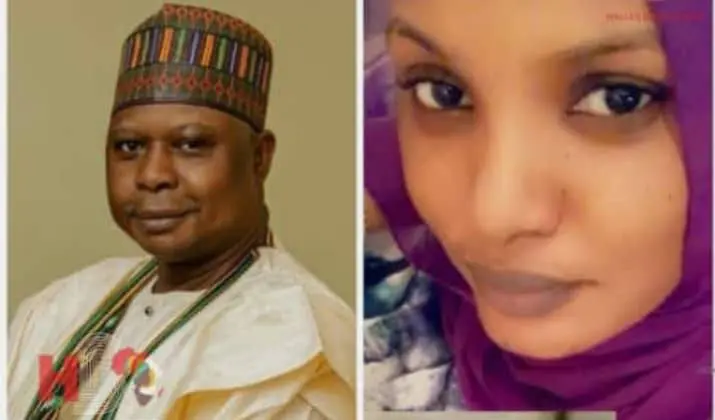Calls for justice have intensified in Nigeria following allegations of sexual abuse, emotional manipulation, and a contentious paternity dispute involving Hadiza Musa Baffa and Kabiru Tanimu Turaki, a former Minister of Special Duties. Advocacy groups and citizens are urging accountability amid debates over institutional protection for survivors and due process for the accused.
The Charity Initiative (ROACI), a Nigerian civil society organization, amplified these demands through a Friday statement by its coordinator, Amina Olutayo. Olutayo characterized Baffa’s allegations as a “harrowing account” of systemic abuse allegedly perpetrated by Turaki, stressing the broader societal stakes. “This is not just a personal matter; it is a national emergency,” she declared. “It’s about safeguarding the dignity of Nigerian women and confronting abuses of power. No woman should face the ultimatum of silence or survival.”
Turaki, who served as a minister from 2015 to 2019, has consistently denied all claims, including those related to a paternity suit filed by Baffa. The dispute took a legal turn in February 2025 when Nigeria’s Federal High Court in Abuja blocked police from presenting DNA evidence purportedly linking him to the case. Justice Inyang Ekwo ruled that the court could not grant the Nigeria Police Force’s request to submit the results without first hearing arguments from both parties. “The prayers [requests] in the motion ex-parte cannot be granted unilaterally,” Ekwo stated, underscoring procedural fairness.
The case has fueled public debate over Nigeria’s handling of gender-based violence and the credibility of its justice system. Advocacy groups argue that delays and procedural hurdles often deter survivors from seeking redress, particularly in high-profile cases involving influential figures. “Institutional mechanisms must prioritize survivors’ safety and ensure thorough, impartial investigations,” Olutayo emphasized.
While Turaki’s legal team maintains his innocence, critics highlight broader patterns of impunity for powerful individuals accused of abuse. The paternity aspect of the case—a years-long point of contention—has further complicated public perceptions, with some framing it as a landmark test for accountability in Nigeria’s political class.
Authorities have not yet announced new steps in the investigation, leaving advocates and observers to monitor whether judicial processes will align with demands for transparency. For now, the case underscores enduring tensions between upholding legal protocols and addressing urgent calls to protect vulnerable individuals from exploitation.
